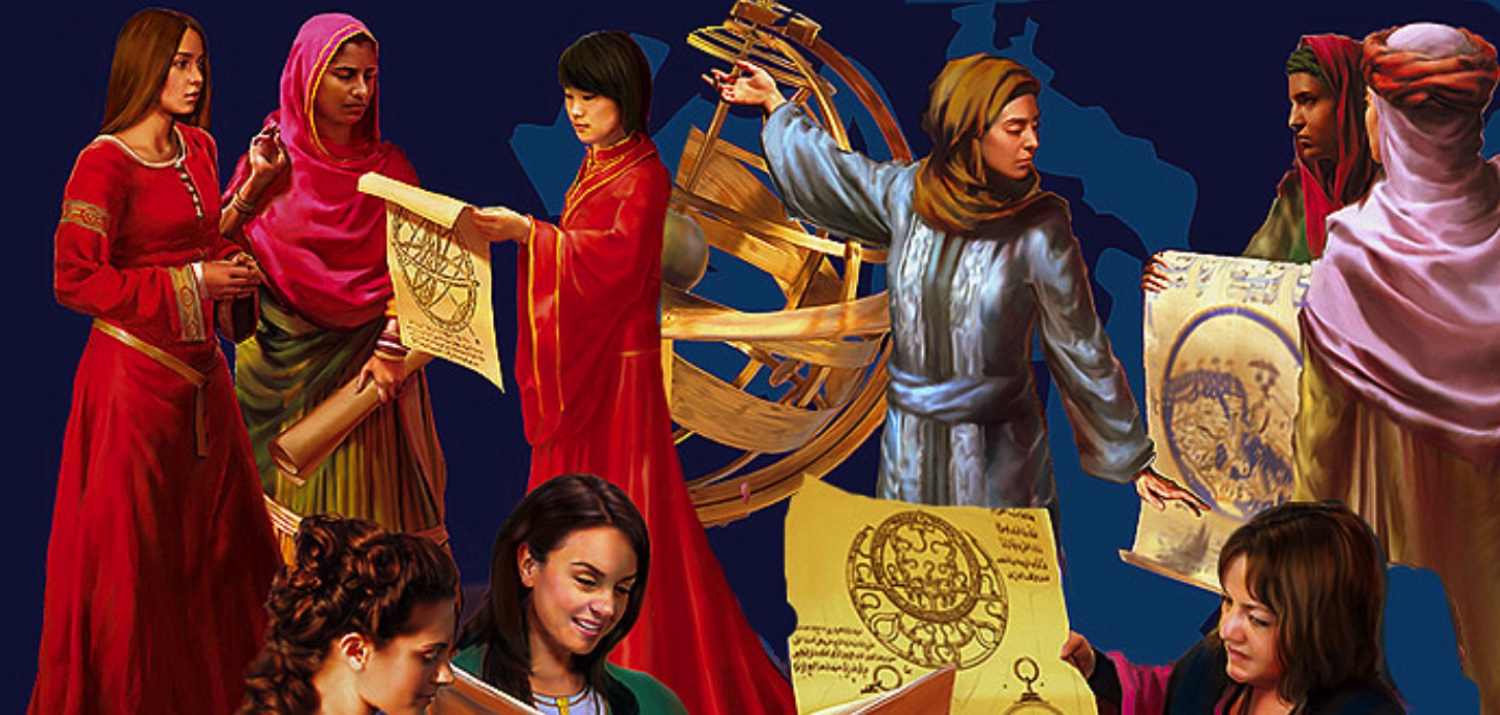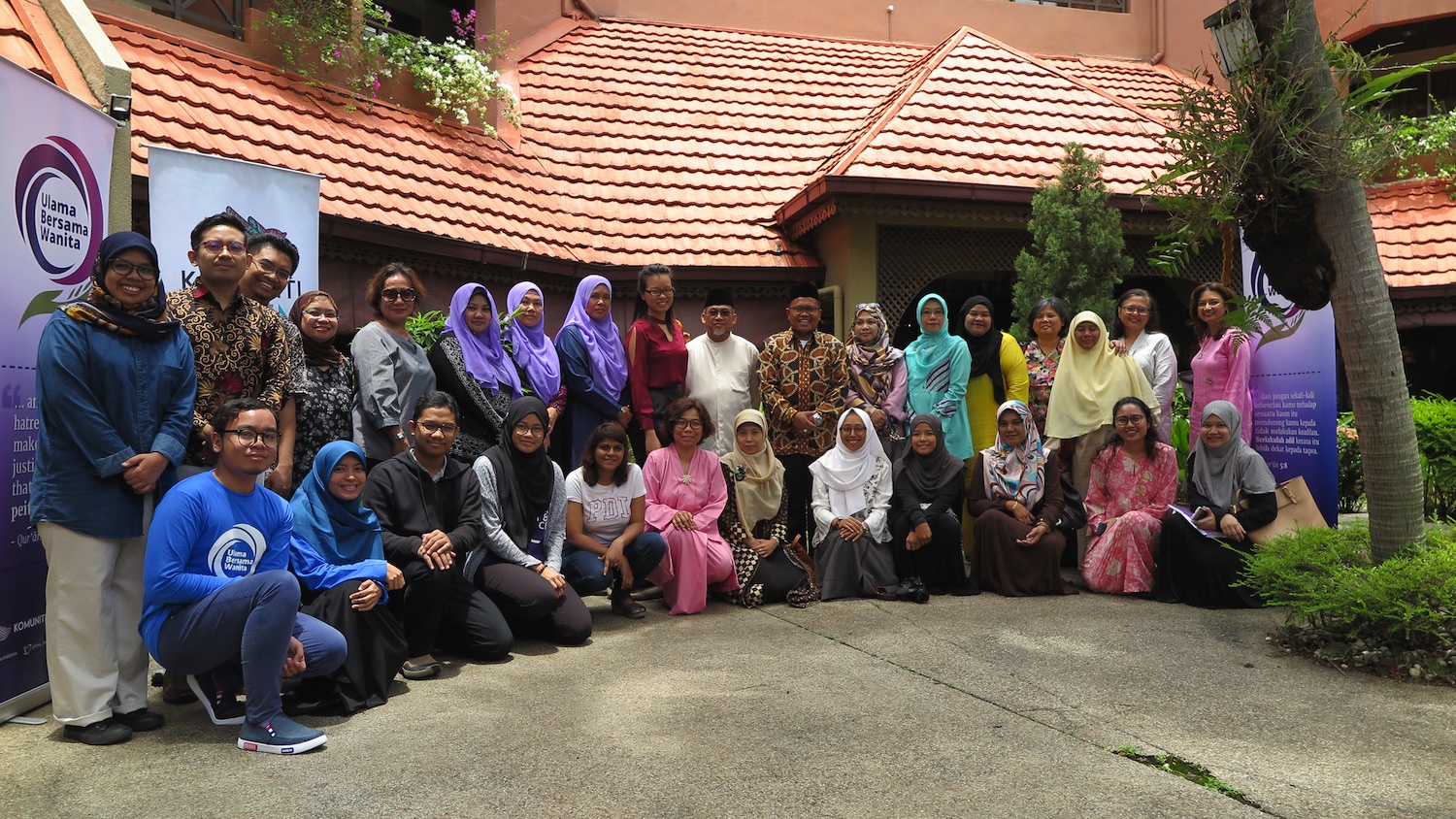

Countering and Preventing Violent Extremism
The problem of extremism is not limited to violence, but includes the inculcation of a mindset that encourages fundamentalism, discrimination against non-conforming individuals and communities, and separatism from mainstream society. This threatens development efforts, economic participation/growth, and integration of diverse populations, including women and minorities, into public spaces.
This is where AIM efficiently builds bridges. Through a multi-tiered strategy, AIM brings into the CVE/PVE fold moderate and progressive Islamic scholarship, whose values inform grassroots engagement that is not limited to faith-based programming, but includes educational, civil, social, and cultural activities, and gender and minority inclusion. This multidisciplinary approach—addressing the distortion and instrumentalization of religion or belief, and religious, gender-based, ethnic, and cultural differences and diversities—is explicitly reflected in Goal 16 of the Sustainable Development Goals (SDGs) on “promoting peaceful and inclusive societies for sustainable development”, as well as in the United Nations Secretary-General’s Plan of Action for the Prevention of Violent Extremism as an integral facet of a global, holistic, and human rights-affirming PVE framework that should inform national plans of action for PVE.

Progressive Islamic Scholarship

AIM aggregates educational materials promoting theologically sound frameworks grounded in Islamic liberalism from member organizations whose work focuses on providing easily accessible progressive Islamic scholarship.
AIM utilizes the Islamic tradition of ijtihad (critical engagement and interpretation of sacred texts) and intellectual discourse by giving Muslims within AIM, and the general public, access to an Islam grounded in environmental and universal human rights.
Gender Rights and Equality
Sustained economic development and participation can only occur with programming that integrates women and minorities into public spaces safely.
AIM focuses on educating Muslim communities on women’s rights and gender equality through scholarship, activism, and other work of members. AIM utilizes faith-based programming and includes programming that:
AIM member Iqbal Gharbi, a professor at the world reknown Université la Zitouna, receives a medal from President Essebsi of Tunisia for her contribution to the COLIBE Committee which recommended reformation for equal inheritance for women and men, for the abolishment of capital punishment, and for the decriminalization of homosexuality.
1
Addresses women and wellness programming, including sexual reproductive health advocacy in multiple languages, anti-FGM/C and gender-based violence activism, and other “taboo” women’s issues like infertility, child and forced marriage, and polygamy.
2
Incorporate cultural campaigns that advocate choice. This includes strategic development of art, music and fashion programming to highlight the diverse indigenous cultures within Muslim societies that extremist narratives coerce women to forego as a marker of faith.
3
Focus on rural women, widows, and or single mothers, as they experience particular and severe struggles due to biases against them, their socio-economic status, and the impact these biases have on their development, social and economic participation, and the welfare of their children.
4
Is grounded in and framed by normative and international development and human rights frameworks for the realization of gender equality and women’s empowerment, including Goal 5 of the SDGs and its targets on “achieving gender equality and empowering all women and girls”, and the Convention on the Elimination of all forms of Discrimination Against Women (CEDAW).

